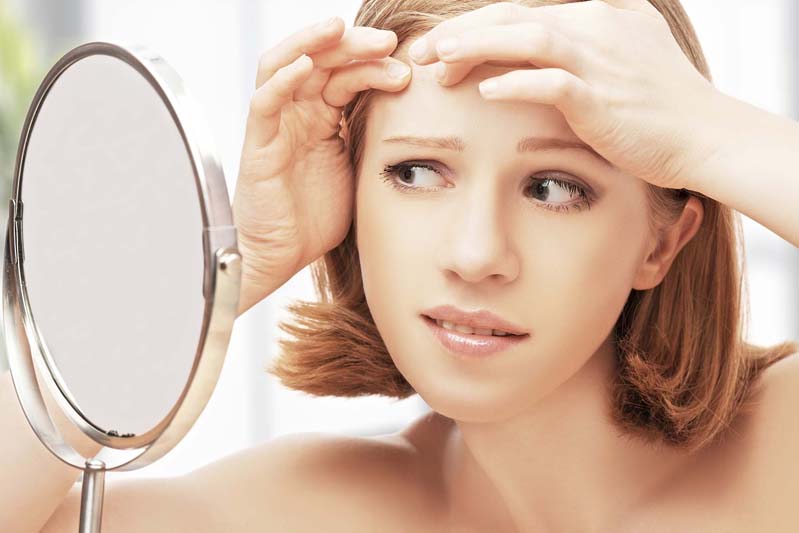Is it time to see a doctor about acne?

Almost everyone has dealt with acne at some point in his or her life, but while one treatment might work for some, it might not work for others. In some situations it can become so severe it can interfere with everyday life.
If over the counter medications aren’t helping, there are a number of other treatments that could make an impact.
Antibiotics
While antibiotics are often prescribed for bacterial infections, they can also be useful in treating acne. “Antibiotics do double duty when it comes to acne,” says Abby Van Voorhees, MD, Professor and Chair of EVMS Dermatology. “They work by treating the inflammation associated with acne as well as the bacteria.”
Hormonal Therapies
For women, hormonal therapy is also an option. Hormone-related acne generally presents along the lower part of the face and flares up around the premenstrual cycle. It’s caused by certain types of hormones that produce more oil, which can lead to bacteria that cause acne.
There are several different types of hormonal therapies. It’s best to talk to a doctor about the one that’s right for you.
Laser Treatments
Laser treatments are another option. They target compounds in the skin that destroy acne-causing bacteria and shrink the size of the oil (sebaceous) glands,” says Dr. Van Voorhees. “While sometimes effective, laser treatments can be expensive. For some though, it is quite helpful and can, help avoid long-term use of antibiotics.”
The first step is to make an appointment with a dermatologist who can determine the right course of action. To learn more or make an appointment with EVMS Dermatology call: 757.446.5629 or visit EVMS Dermatology online.